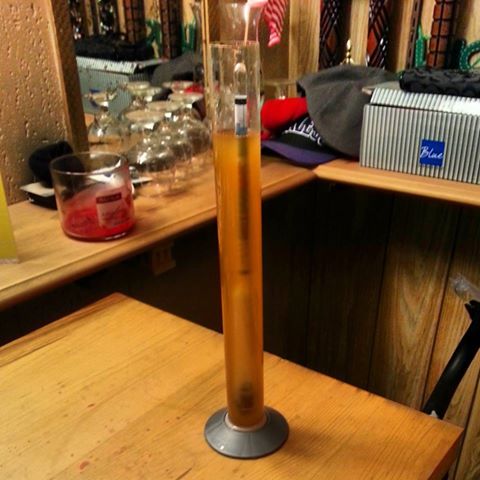You will want to rack off the yeast before bottling. I suppose you could bottle directly from the carboy, but when you mix in your priming sugar you are going to stir up the yeast in the bottom of the fermentor. That's not usually desirable.
I prefer to dissolve my priming sugar in a quart or so of the brew. I also use a
priming sugar calculator. Those do the math for you, in terms of how much dissolved co2 is likely to be present in the brew and how much more sugar you are going to need to reach your desired volumes of co2. I prefer between 2 and 2.5 volumes of co2 personally.
It's best to give it some time before drinking the bottled brew. There are two things, besides the actual aging, that are going to influence how long you'll want to wait before drinking the bottle.
The first is bottle shock, it's a bit more complex then this but basically you are going to want to let the solids stirred up in bottling settle back out. That usually only takes a few days.
The second is carbonation. Apfelwein is going to have far fewer yeast cells in suspension then say beer. That means it's going to take significantly longer to carb up then is typical with beer. It will happen, but a month isn't an unusual amount of time for it to take to fully carb. The longer it sits in primary, and the fewer active yeast cells are in suspension, the longer it will take. It can also take a longer then normal amount of time if the brew is sitting at less then 60f.
Neither of these things are really any cause for concern. The yeast will eat the sugar in the brew, even in the fridge. There will always be some yeast cells in each bottle, even in something that sat in primary for 6 months. It's just a matter of how fast things are going to happen.
You could add some wine stabilizer to the still version if you wish. IMO, it's not really necessary though. There aren't any alpha acids, or anything else for that matter, that are going to degrade the flavor of the apfelwein over time. If you are paranoid about acetobacter, then you could pasteurize the bottles after they are carbed, or immediately for the still apfelwein.



